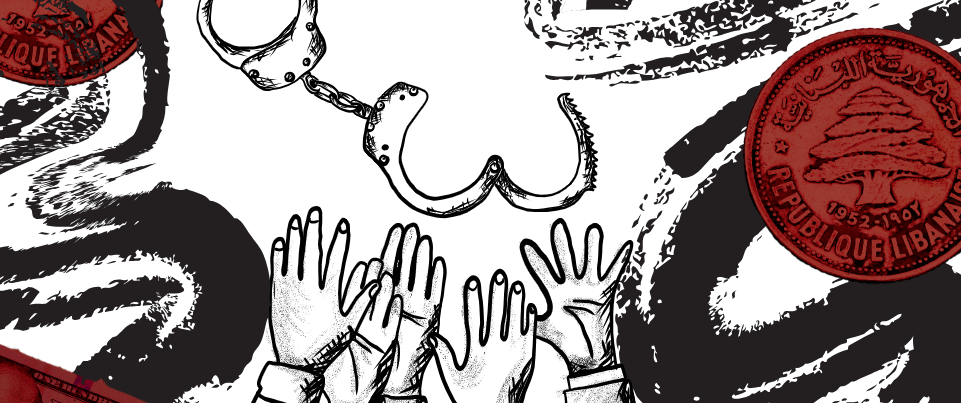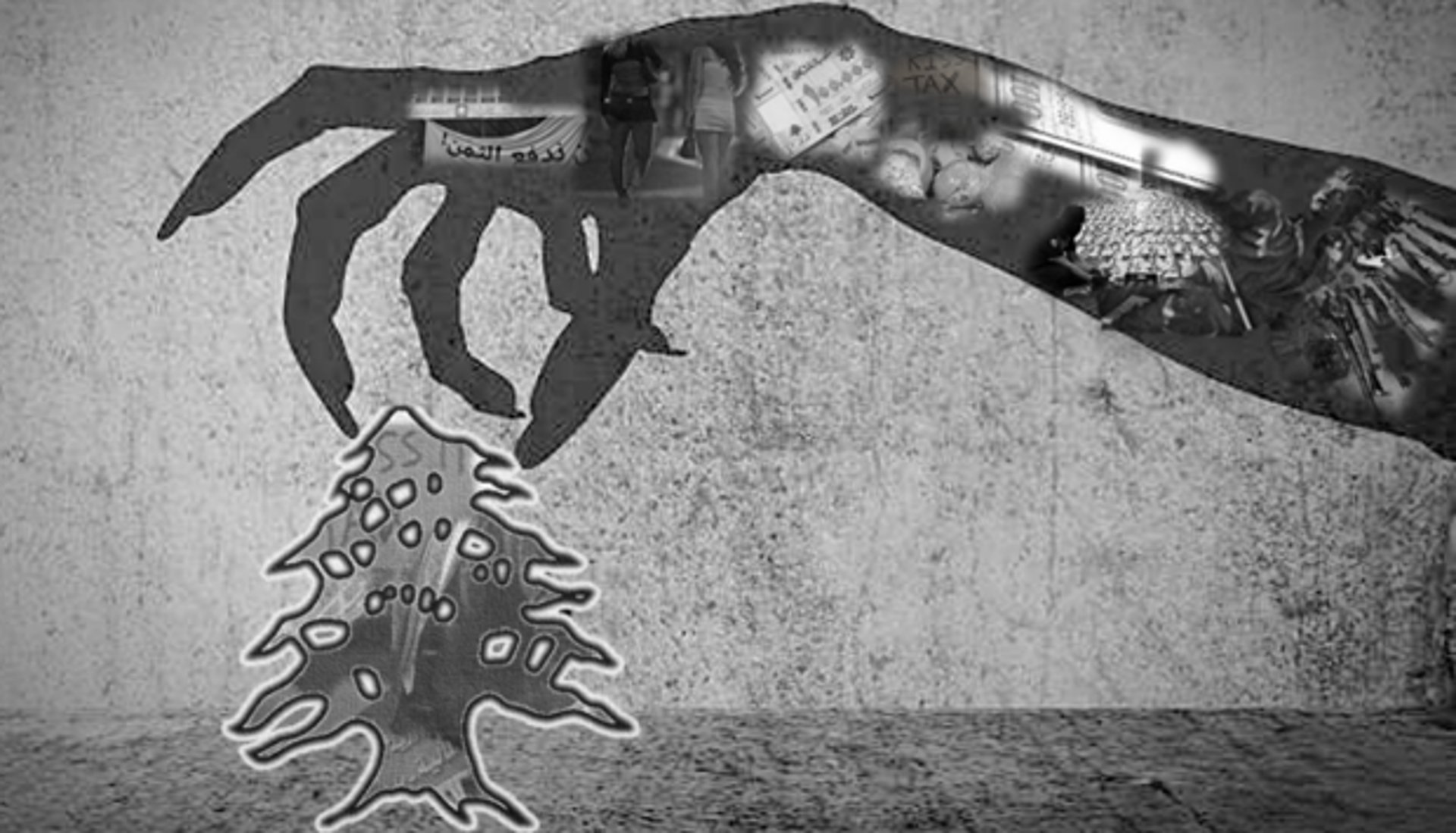Strategizing from 7 cities across the globe
Chapter I: Tax Evasion and Fiscal Discrepancies


Design by Huda Khalili
The country of Lebanon is known to have a comparably low tax rate, unlike the U.S., France, Norway, and other foreign countries. However, it has adopted these taxes as its primary source of income, right before fines. Both these facts have not stopped the Lebanese population from committing tax evasion, a crime defined as the theoretical gap between expected tax revenue and actual revenue.
The concept of taxes has been the main substitute for feudal duties after the rise of Republics. In their nature, taxes are bad for the economy, they create distortions, deadweight loss and a burden for economic participants. However, taxes were developed as a tool to lead the economy somewhere and bring up its optimal output using guided specialization - playing with the costs and benefits of certain sectors. They were also used throughout history to achieve equity, in other words, tax the rich more in order to give back to the poor.
Tax evasion has undeniably been on a steady incline. Since the fall of the Lebanese government in late 2019 and the COVID crisis in 2020, the chaos-dominated administration became an incentive for committing tax fraud. 5 major types of taxes have been analyzed to give out an accurate dynamic of tax evasion, each creating a domino effect of fraud and a spiral of budgeting discrepancies. On top of that, the ongoing evasion is leading to increased leniency towards the Black market, as it has become more beneficial to participate in the informal economy, rather than the legal one.
The rise of the informal economy, shadow behavior, and clientelism, encouraged major businessmen to abuse tax evasion. The lack of accountability and the low probability of getting caught have further motivated this crime. In a country where the government has failed to earn the trust of its people, anyone would expect tax evasion, as the citizens are no longer convinced that their taxes are going for the welfare of society. Realistically speaking, they believe that tax is going to the wrong places.
Within the shoes of wealthy businessmen, tax evasion does not seem to be a serious crime, as there is no direct harm or ‘victim’. Deep in the economics of taxation and tax evasion, this concept is rather unfair, and disturbs the equity that taxes intend to concretize. The more people avoid taxes, the more the government will impose taxes that the actual taxpayers shall face. While the tax evaders remain unhurt, taxpayers who have no other choice but to pay are consistently burdened. Our policy system failed to address the interaction of the shadows with the surface. It did not find a way to give benefits to the taxpayers. Instead, it let tax evaders dwell in the tax fraud mentality with little to no legitimacy in economic transactions and business activities.
However, the rise of this tax burden - as proposed in the WhatsApp tax in October 2019 or the new Lebanese tax system of 2024 - may lead to a further decrease in the overall revenues of the government. The cycle of ignoring the tax evaders and punishing the law abiders makes people more prone than ever to commit tax fraud and find ways around the system.
Tax evasion will happen, and it is improbable to stop it completely, especially in the spatial temporal cadre that is imposed on Lebanon nowadays. However, we cannot budget anymore without considering the massive amounts of taxes being avoided, and we must progressively build up towards bringing back the willingness to pay taxes. Taxes are in the end a symbolic gesture to signify the legitimacy of the firm, individual, or product. The trend of tax evasion would remove this legitimate stamp out of the Lebanese economy step by step, as the country would enter deeper and deeper into cartel governance and the survival of the richest.
Now that we have an aggregate understanding of the idea behind tax evasion and how it transmits a burden from a certain individual to another, the importance of this chapter would seem obvious. Firstly, it endeavors to model the framework of tax evasion. Using intermediate microeconomics, and utilitarian theory, we were finally able to merge the presence of tax evasion within our governmental revenue accounting. As the new budget of 2024 clearly used obsolete taxation mechanisms, this chapter has also been able to give out predictions about the actual tax revenue. Finally, it sheds light on the various variables to consider in order to stop this fraud triangle and bring back the rule of law to its rightful power. Overall, this chapter intends to highlight the hollowness of the state, undermine of the rule of law within the taxation dynamics, and introduce a new vision for public finance.

